The Oscar-for-Oprah campaign starts now, with the oversimplified Hollywood tearjerker Lee Daniels’ The Butler, a film by the director of Precious that plays Hollywood’s white liberal guilt like a Stradivarius. Marching through the decades like a chocolate Gump, the title character (Forest Whitaker) is a stolid, nonpolitical White House servant (Winfrey plays his wife) in every administration from Eisenhower to Reagan. Through his eyes we witness many of the most telling chapters of the Civil Rights epic. But the movie doesn’t treat the topic with the seriousness it deserves. Here are five big conceptual errors in the movie.
5. It overstates its case.
Whitaker’s Butler is a tortured soul (largely the creation of screenwriter Danny Strong, who also wrote the Sarah Palin hatefest Game Change) who has known all kinds of heartbreak, but the Washington Post article about a real long-serving White House butler that was the original basis for the movie is free of the anguish or anger with which the movie is loaded. In the first two or three minutes there are references to two lynchings, a rape (of the butler’s mother) and a racist murder (of his father). None of these things happened to the actual butler, who also didn’t have an activist son or another son who died in the Vietnam War.
[jwplayer config=”pjm_lifestyle” mediaid=”51442″]
4. Everything happens to one person.
In the movie, which is billed as “inspired by” a true story, the character based on actual White House butler Eugene Allen is called Cecil Gaines and while he’s in Washington his son, played by British actor David Oyelowo, goes off to college just as the Civil Rights era is heating up. This son, Louis, is present at one of the famous lunch-counter protests against segregation, takes part in the Freedom Riders plan to integrate the bus system, and is even by Martin Luther King Jr.’s side in Memphis when King is about to be assassinated (but first takes time to tell young Louis that his father’s profession is an honorable one). The Jim Crow era was horrific, but to make it look like one person endured so many nightmare moments is a stretch — it’s like making a World War II movie in which one soldier is shown being present at Pearl Harbor and Normandy and the Bataan Death March.
3. It says Ronald Reagan was an enemy of civil rights….
Though Dwight Eisenhower (played by Robin Williams) is favorably portrayed in The Butler, fellow Republicans Richard Nixon (John Cusack) and Ronald Reagan (Alan Rickman) are thrown under the bus because the modern Left is obsessed with the fiction that Republicans are enemies to black people.
Reagan, in fact, is denounced as having damaged or dismantled all Civil Rights policies in the country — an absurd claim that the movie doesn’t even attempt to justify.
The only Reagan-related racial issue that The Butler can muster is his veto of sanctions against apartheid-era South Africa, which wasn’t even a U.S. Civil Rights issue and which Reagan believed would worsen conditions for blacks in that country. The movie portrays this entirely understandable decision (which was overridden by Congress) as simple heartlessness toward black people.
2. …but the Black Panthers were great guys.
After Louis goes away to college and becomes a peaceful protester, he becomes increasingly interested in the more radical tactics of the Black Panther Party, which in the movie is described as an organization primarily concerned with providing self-defense, free meals for kids and free health care. References to the party’s actual, horrifying agenda — which was notoriously violent, racist and Maoist — are held to a bare minimum.
1. It casts the term “house slave” as something to be ashamed of.
“House slave,” “house negro,” or sometimes the even more vile term “House n—-r” has become a widely used insult deployed by blacks against other blacks for supposedly being too willing to go along with an unjust system (as opposed to “keeping it real” by participating in riots or going to prison).
Channeling Malcolm X, self-styled radicals like Spike Lee throw the term at, for instance, Samuel L. Jackson, whom Lee once called a “House negro defending Massa” for working with the far more talented filmmaker Quentin Tarantino.
Whitaker’s butler character is portrayed as the ultimate house negro, and is denounced as such several times. Though the butler is the hero of the film and is given excellent reasons in his back story for not wishing to be a troublemaker, The Butler isn’t subtle about pushing the audience to think there is something pathetic about a man who simply kept his head down and did his job for many years instead of agitating for change.
In fact, distaste for being lumped in with such so-called house slaves can be a destructive idea for youngsters just starting out on the economic ladder. Everyone who isn’t born rich has to take orders when they’re just starting out.







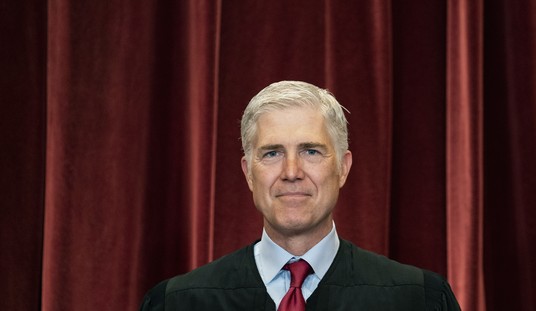
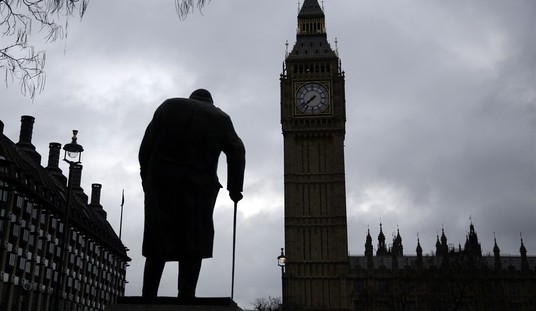
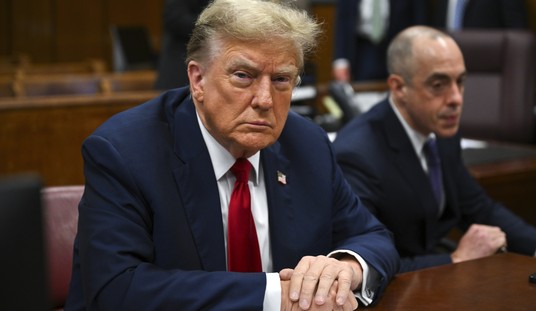
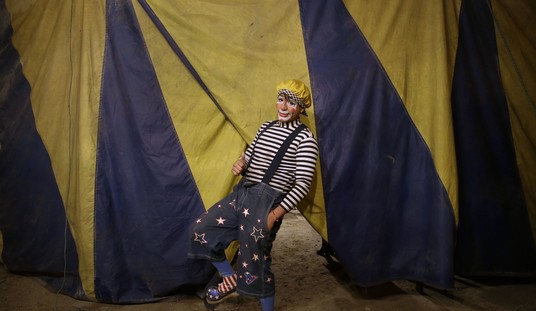
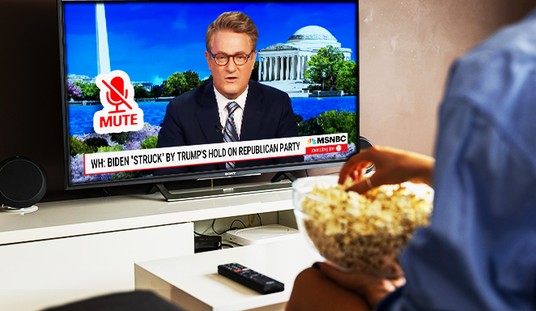

Join the conversation as a VIP Member